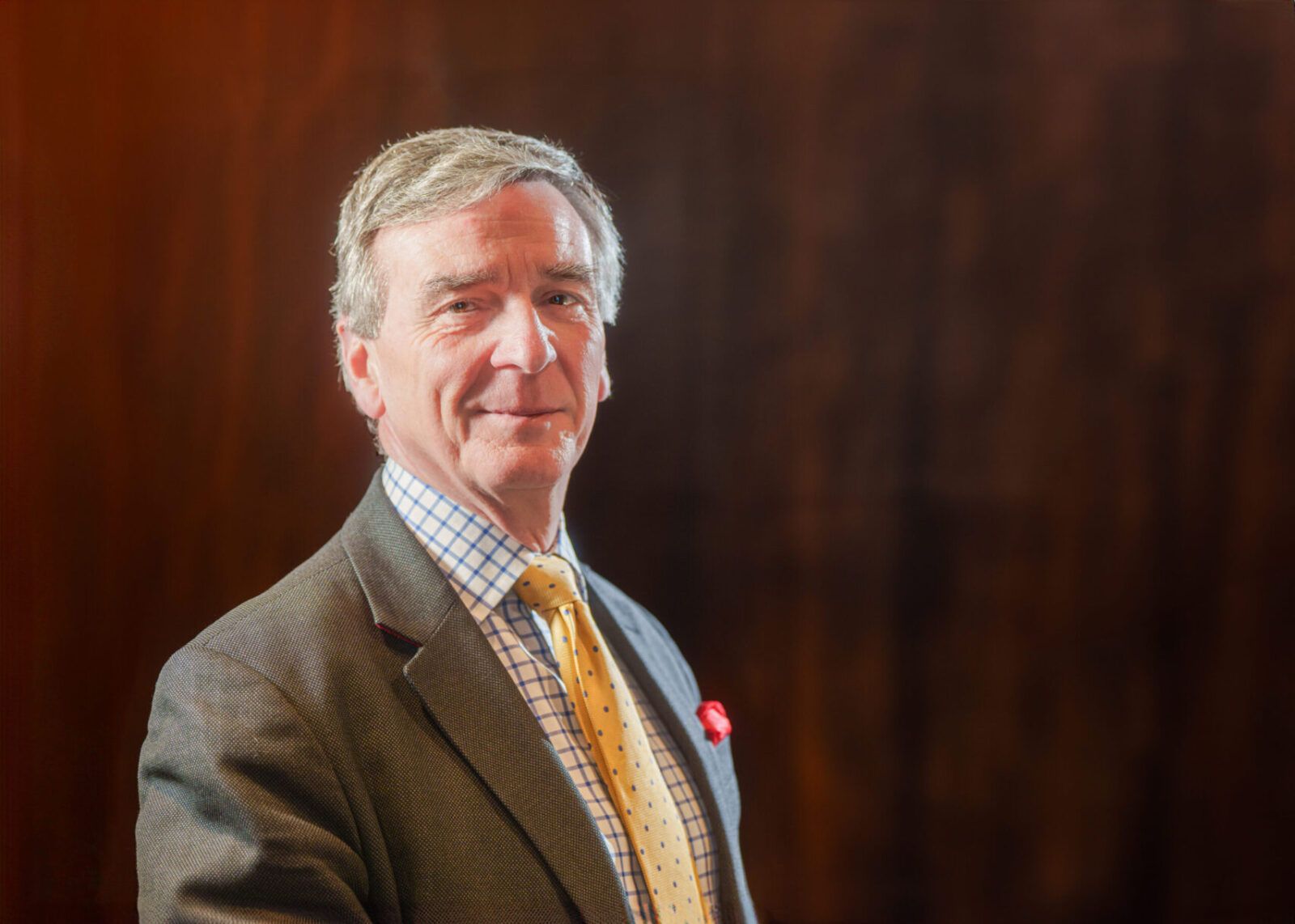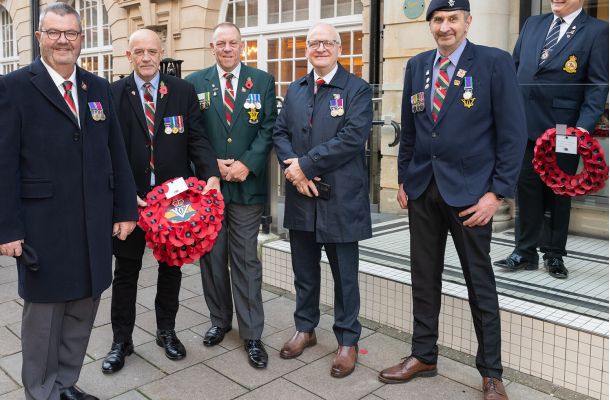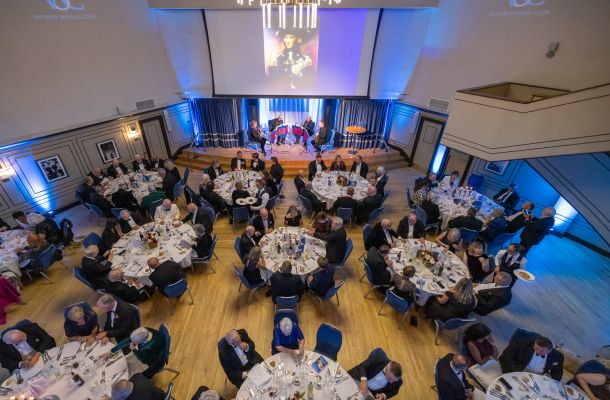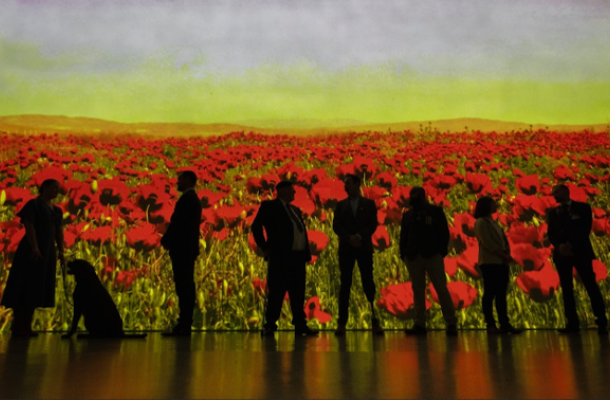Welcome to our New Chair

Welcome to our new Chair of the Board, Jeff Mason MBE RM. In this Q&A, Jeff shares insights into his background, his connection to the Armed Forces community, and his priorities for the year ahead. He reflects on what drew him to the Victory Services Club, his leadership approach, and his vision for supporting the Club’s charitable mission and long-term success.
Can you tell us a little about your background and career so far, and how those experiences have prepared you for this role?
I left school in the late 1970s and joined the Royal Marines, initially on a short service commission, but I liked it, so I stayed. I ended up serving for 34 years and reached the rank of Major General. The last 10 years of my military career focused on logistics, which gave me a solid foundation in operations and leadership. After leaving the forces, I spent four-and-a-half years as a business development director for a logistics company, supplying food and fuel to troops in Afghanistan and Africa.
From there, I took a bit of a sideways step into something I’d had my eye on for a while – running a City of London livery company. I became the Chief Executive (or Clerk, as they’re traditionally called) of the Butchers’ Company, where I spent nearly a decade overseeing everything from major refurbishments to events and hospitality. That gave me a real insight into running a heritage organisation with both commercial and charitable responsibilities – not so different to the VSC, in some ways.
Since then, I’ve taken on a portfolio of roles. I support a number of charities, including the Falklands Chapel and the South Georgia Heritage Trust. I’ve also served as a trustee for the National Museum of the Royal Navy and been involved in efforts to reopen the Royal Marines Museum. So, I’ve kept busy – and I suppose all those experiences in leadership, logistics, hospitality and governance have brought me to where I am now.
What drew you to take on the role of Chair at the Victory Services Club, and how does it align with your own personal or professional values?
Initially, it was Seumas, the outgoing Chair, who asked if I’d consider becoming a trustee. I nearly didn’t – I was very busy at the time – but I’m glad I did. After two-and-a-half years on the Board, I had a good sense of the Club and how it operates. So, when Seumas announced he was stepping down, I was one of only a few eligible candidates. I could have said no, but I felt I had something to offer, and I knew I could add value.
The role of Chair isn’t about running the day-to-day; that’s the CEO’s job. But it is about guiding the Board, offering strategic direction and being a sounding board and critical friend to the senior leadership team. It suits my leadership style and my values, particularly the idea of service. I’m not here to shake things up; I’m here to help the Club continue to thrive and to make thoughtful, long-term decisions that benefit our members and staff.
What are your priorities for your first year as Chair?
We have a solid business plan in place, and we’re in a good position. So, for me, the first step is to get to know the team and the trustees better through one-to-one conversations, committee meetings and some time behind the scenes with the Club’s Heads of Departments to really understand how things run on the ground.
The biggest strategic priority for this year is to start re-engaging with the Church Commissioners. They own the building, and although we have more than 100 years left on the lease, we would like to explore the possibility of acquiring the freehold or negotiating a lease extension. I want to get that conversation going – it won’t be resolved in a year, but we need to start laying the groundwork now.
The VSC plays a unique role in supporting the Armed Forces community. What does that responsibility mean to you personally?
It means a lot. The VSC isn’t just another London members’ club – it’s a charity, and that sets us apart. We offer free membership to serving personnel, and competitive rates for former service members and their families, which is something I think is hugely important. But it’s not just about membership fees – it’s about what we do with that membership.
The Respite and Welfare Breaks we offer (over 200 weekends a year for serving personnel and their families) are a real lifeline. These are often people going through tough times, and giving them a break, fully paid, in a warm and welcoming environment can make a real difference. We also offer Reward and Recognition weekends for those who’ve gone above and beyond in their service.
This year, we’ll be looking at whether we can expand our support to former serving members. That’s more complicated, because they’re no longer within the military hierarchy, but it’s something we’ll be discussing at our Strategy Day in October.
How do you see the role of the Chair in working with the senior leadership team and wider staff to support the Club’s charitable aims and commercial success?
The Chair has a responsibility to maintain a strong relationship with the Chief Executive and senior leadership team. I’ve already asked Colin to set up monthly meetings where we can sit down together, go through issues and keep that communication flowing. I also want to build stronger connections with the trustees (beyond the formal Board meetings) so I can better understand their views and help them feel engaged in the Club’s direction.
I plan to visit the Club regularly, attend events and spend time with staff. I’ll also sit in on committee meetings from time to time, whether they’re for membership, communications or investments. It’s important to stay in touch with what’s happening across all parts of the Club.
Looking further ahead, what lasting impact would you like to leave from your time as Chair of the VSC?
There are two things I’d like to achieve. The first is progress on the lease – ideally, securing the freehold, or at the very least, a significant extension. That would give us the security we need to make long-term investments in the building and the Club’s future.
The second is financial. The Club is in a good position now, but I’d like to leave it even stronger than I found it. That means continuing to balance the charitable and commercial sides of what we do and making smart decisions that set us up for success in the years to come.
Above all, I want the Club to continue being what it is – a supportive, welcoming place for those who are serving and who have served and a thriving community that members are proud to be part of.


